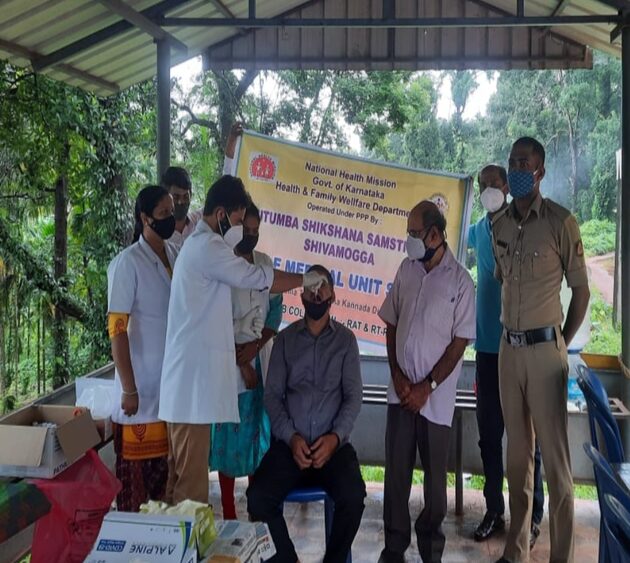Based on the order of the Supreme Court allowing her to ‘terminate’ her pregnancy in the 32nd week, a 13-year-old gave birth to a boy at the State-run JJ Hospital on Friday. The delivery was via C-section, and the infant was immediately shifted to the Neonatal Intensive Care Unit, doctors said. They added the child, weighing 1.8 kg, was born prematurely with underdeveloped organs.
As per the court’s order, the girl was taken into surgery around 1.30 p.m. “The delivery went well without complications. The baby will do fine with good NICU care for a few weeks,” gynaecologist Dr Ashok Anand, who assisted the delivery, said.
He said at the time of discharge, the girl’s family will be the first to be asked to take him home. If they refuse, he will be put up for adoption. Already, hospital authorities said, five people have called expressing their desire to adopt the child.
May keep baby: family
On Friday, the girl’s family members told The Hindu that they were thinking of accepting the child. “It’s just that the mother is a Class VII student. If at all we accept the child, her parents will have to take care of him,” the girl’s female cousin said, adding most of the family wanted to take the baby home.
The girl, a rape survivor, found out about her pregnancy only in the 27th week. The family first approached Dr. Kartik Bhagat, who directed them to gynaecologist Dr. Nikhil Datar to see if the SC could be approached for an abortion. As per law, foetuses older than 20 weeks cannot be medically terminated. Dr. Datar has been instrumental in filing several abortion petitions for pregnancies beyond 20 weeks, most on the ground of foetal anomaly.
By the time a petition was filed in the SC on August 28, the girl was in the 31st week. On Wednesday, the apex court allowed termination to relieve the girl of the mental trauma of carrying the pregnancy. While a full term is between 36 and 40 weeks, the girl delivered in the 32nd week. “We were okay to continue with the pregnancy to avoid harm to the baby and the mother, but the court’s order came in by then,” her cousin said.
Doctors divided
While Dr. Datar hailed the SC decision as ‘historical’ and ‘path-breaking’, some doctors feel that in the zest to do good for the girl, the order has caused her much harm. “A C-section at 31-32 weeks is risky and affects future fertility, albeit marginally. In our zeal to help this poor girl, have we inadvertently harmed her? This is apart from the harm to the otherwise completely healthy foetus, which will probably still survive the prematurity but with difficulty,” Dr. Sudhir Naik, a gynaecologist, said.
Another gynaecologist, who declined to be named, said cases that need to be sent to court should be carefully chosen. “There was no need to go ahead with this petition. As per medical text books, anything beyond 28 weeks cannot be termed an abortion; it will be a delivery. The timing and route of delivery should remain the decision of the treating obstetrician; no court can dictate this. So, the petition was not only flawed but unnecessary. The [court’s] decision was based on social grounds, not medical ones.”
Gynaecologist Dr. Suchitra Pandit said this case should get policy makers to change the law. “It has raised an important controversy: this pregnancy should have been terminated when it was discovered. It should be left to the sensible, conscientious decision of the doctor and we should have a law for this.”
Section 5 of The Medical Termination of Pregnancy Act, 1971 allows a doctor to take a decision in good faith for terminating a pregnancy beyond 20 weeks to save the life of the pregnant woman.
“The current provisions under Section 5 of the MTP Act could have been utilized when the girl first presented to a health care provider seeking termination of her pregnancy. The doctor could haveaborted this 13-year-old rape survivor’s foetus, recognizing the grave risk to her life,” a spokesperson for Ipas Development Foundation (IDF), an NGO that works for women’s reproductive rights, said.




